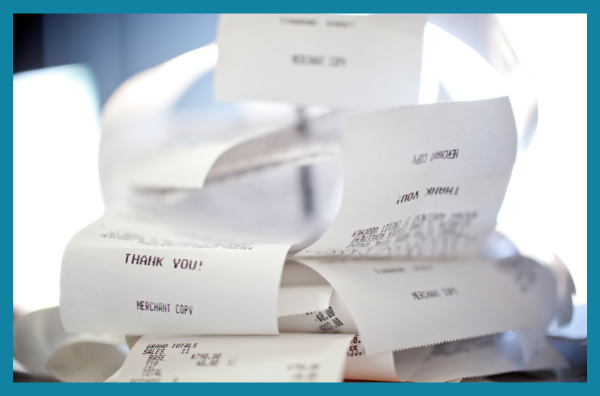4 Facts to Know About Sales Tax If You Are Buying a Business In New York

1. Your liability for the seller’s unpaid sales taxes depends on whether the purchase/sale of the business falls under New York’s bulk sales law.
A bulk sale is “the sale, transfer or assignment in bulk of any part or the whole of business assets, other than in the ordinary course of business, by a person required to collect sales tax.” So, if you buy the assets of a business that is required to collect and pay sales tax to the State, you must comply with strict technical requirements or the State may seek to collect those sales taxes from you.
2. You are required to notify the State of the transfer of the business before taking possession or making payment to the seller and wait for a response.
Notification of a bulk sale is made by filing Form AU-196.10, Notification of Sale, Transfer, or Assignment in Bulk at least 10 days before paying for or taking possession of any business assets, whichever happens first. The notification form should be sent to the New York State Tax Department by U.S. registered mail; certified mail, return receipt requested; or hand-delivery to the Tax Department in Albany. If any other delivery method is used, the notice will not be effective until the date the Tax Department actually receives it. The burden of proving the notice was received is on the purchaser.
Once the Tax Department has received Form AU-196.10, it has five business days to respond and inform the parties of any potential claims for sales and use taxes owed by the seller. If the Tax Department sends you Form AU-197.1, then you may move forward with the purchase immediately because you will not be held liable for any unpaid sales tax owed by the seller.
However, if the State knows or suspects that the seller owes sales tax, it will send you Form AU-196.2 and you must wait an additional 90 days to determine the extent of the seller’s liability.
3. There are some limits on your liability if you fail to comply.
If you fail to properly notify the State and/or withhold the purchase funds, then you may become jointly liable for the seller’s sales tax debts. However, your liability is limited to the purchase price or the fair market value of the assets transferred to you, whichever is greater.
It is important to note that you may be held personally liable for the sales taxes, so the State could go after your personal assets including bank accounts, real and personal property and wages to collect the money.
4. Pay the State, not the seller if money is owed.
As noted above, if you receive Form AU-197.1, the sale can proceed normally. Absent this confirmation, you should not pay the seller until you know whether the seller owes sales taxes and if so, how much. Where there are outstanding liabilities, you should place the full amount of the purchase price into an escrow account until the Tax Department completes its full review of the seller’s account. Once that is completed, you can then pay the amount due directly to the Tax Department out of the escrow account, up to the purchase price or fair market value of the assets, whichever is greater. After paying the tax debt, if there is any remaining purchase money, it can then be paid to the seller. Taking these steps will ensure that the seller’s sales tax liability is not transferred to you.
Conclusion
Not every sale of a business constitutes a bulk sale, so these rules may not apply. New York’s bulk sales law is complicated and you should not close a transaction without speaking to an experienced attorney. If New York State is seeking to collect sales tax from you, contact us for assistance with your matter.


